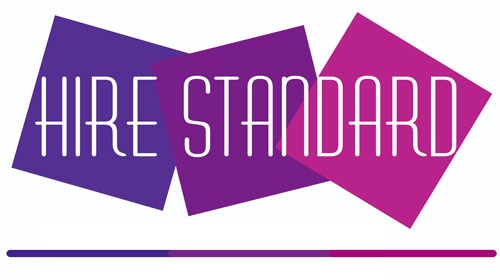 You have filled out all of the necessary paperwork, registered/interviewed with your staffing agency and have been placed on an assignment. You have been working for several weeks or maybe even several months now and things seemed to be going well. However, you are now experiencing some concerns, maybe you are over hearing negative things via in-house gossip, you are not getting along with your co-worker/boss, somebody has approached you about a permanent position, there was a schedule change, the job duties have changed, etc. You should handle the situation as appropriate because you are on the assignment, right?
You have filled out all of the necessary paperwork, registered/interviewed with your staffing agency and have been placed on an assignment. You have been working for several weeks or maybe even several months now and things seemed to be going well. However, you are now experiencing some concerns, maybe you are over hearing negative things via in-house gossip, you are not getting along with your co-worker/boss, somebody has approached you about a permanent position, there was a schedule change, the job duties have changed, etc. You should handle the situation as appropriate because you are on the assignment, right?
Yes, you work alongside the client every day but your invisible boss is the one that should know about any concerns/changes on the assignment. The staffing agency is the one that can address any concerns and can work to make sure everything is flowing smoothly. Because if they do not know what is happening, it may be too late for them to intervene to rectify the problem. If the agency is aware from the beginning, they can work to see if the issue can be resolved or can work to put a plan into place with the client. Unfortunately, sometimes things may not work out (it could be on the candidate’s end or the client’s) and the assignment may have to come to an end. However, the agency will be able to give direction on the best course of action. It is always better to address issues early before they turn into an unresolvable situation. A lot of candidates forget their boss is the staffing agency because they do not interact with them on a daily basis. Keep in mind, the staffing agency is the employer and handles employee performance records, obtaining client feedback, counseling and anything HR related. The onsite supervisor is the individual that works alongside you to provide direction regarding the job at hand.
Many candidates fear addressing concerns because they do not want to be viewed as a complainer. Yes, it is important to do a good job and handle things accordingly. However, the bigger issues should always be addressed with your agency. It is one thing to pester your agency with needless details you can handle but it is another issue to try and handle things that could possibly jeopardize your position.
